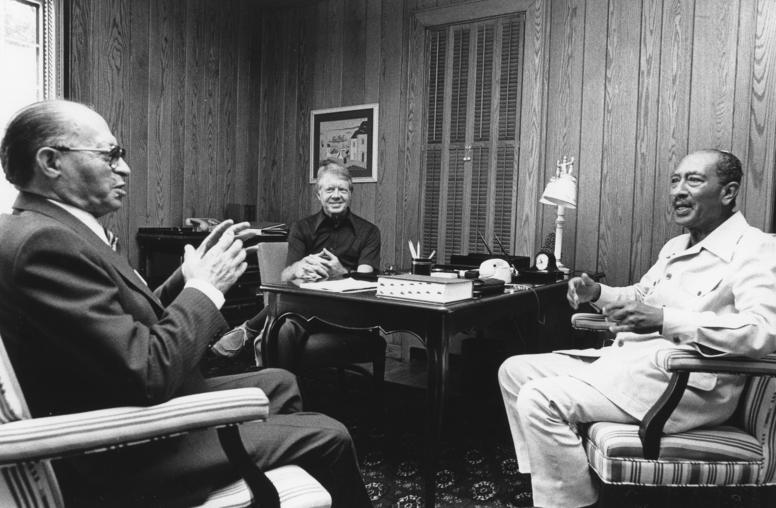Egypt Timeline: Since the Arab Uprising
Since 2011, Egypt has witnessed protests, political turnovers, sporadic violence, and waves of repression. A younger generation of activists energized long-stagnant politics in countrywide demonstrations that ousted President Hosni Mubarak. They were soon pushed aside, however, by an intense rivalry that pitted the military and secular parties against the Muslim Brotherhood, an Islamist movement banned for decades.
In modern Egypt’s first democratic elections, in 2011 and 2012, the Brotherhood won the presidency and a plurality in parliament. Its rise was short-lived. The judiciary voided the parliamentary vote and dissolved the legislature in 2012. In 2013, after months of tension, Egypt’s political crisis imploded when the army, led by Abdel-Fattah el-Sissi, a former field marshal and chief-of-staff, ousted President Mohamed Morsi, the only civilian president democratically elected in the Arab region’s most populous country. The move against Morsi deepened the political schism. Millions of Egyptians had taken to the street against Morsi, but large numbers also protested the forced departure of Morsi. A crackdown by security forces killed hundreds. Egypt declared a state of emergency.
The military steadily cemented its political dominance. The constitution was amended to enshrine the military’s prominent role in politics and prohibit political parties founded on religion. The government also issued a new law banning unauthorized gatherings of more than 10 people. The judiciary charged Morsi with espionage and unspecified “aggressive acts.” He was subsequently sentenced to death. The government designated the Brotherhood as a terrorist organization.
In 2014, President Abdel-Fattah el-Sissi won a new presidential election. Civil society was marginalized. Human rights groups charged that freedom of expression and movement by any opposition figures—secular or Islamist—was increasingly curtailed.
Internal tensions were complicated by militants in the Sinai Peninsula who pledged allegiance to the Islamic State in 2014. In 2015, ISIS staged a wave of attacks in the Sinai against the military, Coptic Christians and the Sufi community. It also claimed the downing of a Russian airliner. The Egyptian army launched a major offensive against ISIS, but failed to quash it. Militant groups grew bolder in their attacks, including on police and security personnel, in 2016 and 2017.
In 2017 and 2018, the government imposed new restrictions regulating non-government organizations and charities. Growing economic woes also led the government to slash public subsidies of electricity and water, raise fuel prices and hike public transportation fares.
In 2018, Egypt marked the seventh anniversary of the Arab Spring uprising by closing off routes to Tahrir Square. In March, el-Sissi was re-elected with 97 percent of the vote, although the turnout was low and he faced virtually no competition.
This timeline was assembled with the help of graphic research by Lindsay Jodoin and editorial research by Garrett Nada and Mattisan Rowan.



